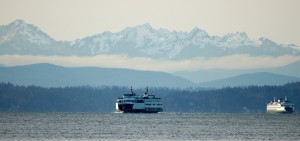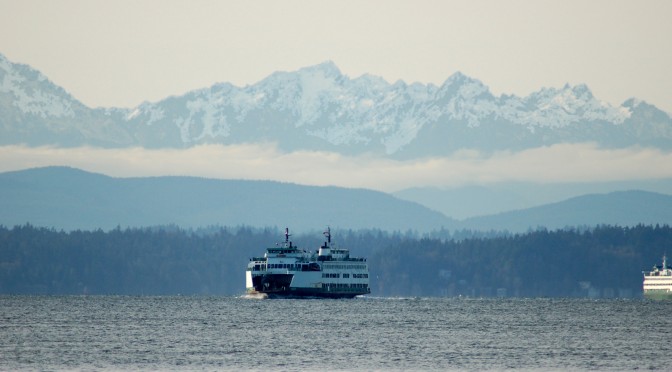 With population growth in the Seattle and surrounding area, the effects of this growth, demand, and aging infrastructure will impact our water and sewer systems economically.
With population growth in the Seattle and surrounding area, the effects of this growth, demand, and aging infrastructure will impact our water and sewer systems economically.
Estimates of costs to upgrade and expand existing systems over the next 20 years are 6.5 billion dollars. According to Luna Leopold, Cascadia Green Building Council, the new “Green Infrastructure Initiative” promotes low- impact development and natural storm water systems.
“It’s our hope that this study, combined with our extensive outreach and advocacy efforts, will spur a broad movement toward more ecological sound water practices and procedures. Greater support for smaller scale, decentralized systems is crucial if we are serious about addressing the negative impacts related to how we manage water and waste.” Explains Jason McLennan CEO of Cascadia Building Council western region.
Click here to read more about Healthy, Resilient Water Systems in the Puget Sound.
Photo: By Grace from Seattle, USA (Puget Sound ferriesUploaded by X-Weinzar) [CC-BY-2.0], via Wikimedia Commons
Related

A rainwater collection systems designer and consultant, Ken has designed and installed residential and commercial systems, primarily in the northwest United States for more than 10 years and, in 2014, began consulting and managing builds in other states. Ken is an accredited ARCSA Professional Designer / Installer and Life Member, the Northwest Regional ARCSA representative and advisor to its education committee and is available to speak about Rainwater Collection Systems design and builds.
Ken is a United States Navy veteran, having served on active duty during the Vietnam War era.
A career entrepreneur, Ken created a new business focus with a commercial dive company in Hawaii in the mid 1980′s to respond to and clean up oil spills, oil spill equipment training, service and maintenance for the oil co-op service industry. Ken is passionate about having a positive impact on the environment and is also a founding director of BANK-ON-RAIN (2011-2014), whose mission is to create grassroots solutions for rainwater collection for consumption and agriculture in developing areas of the planet.
 With population growth in the Seattle and surrounding area, the effects of this growth, demand, and aging infrastructure will impact our water and sewer systems economically.
With population growth in the Seattle and surrounding area, the effects of this growth, demand, and aging infrastructure will impact our water and sewer systems economically.

One thought on “Is Decentralized Water and Sewer the Answer to the Puget Sound Region’s Aging Infrastructure?”
Comments are closed.